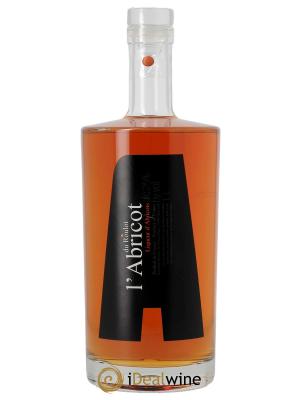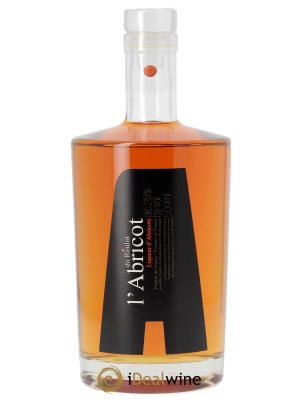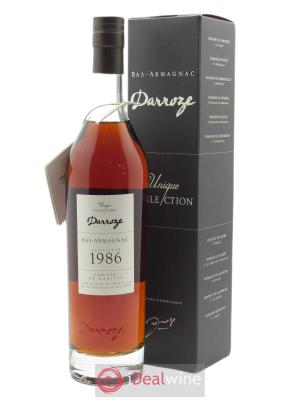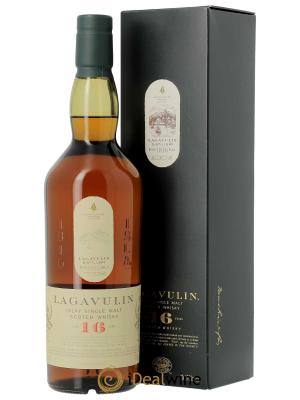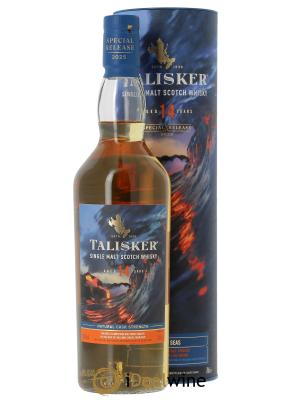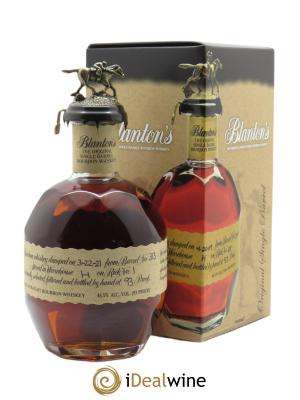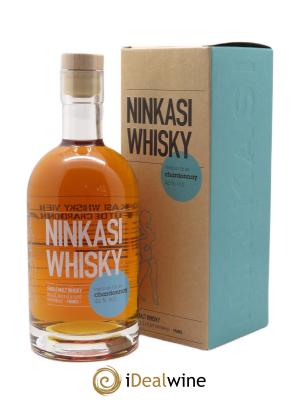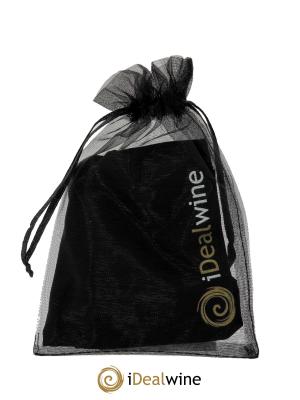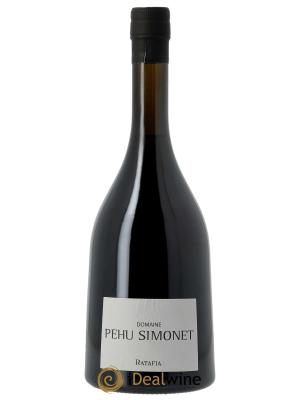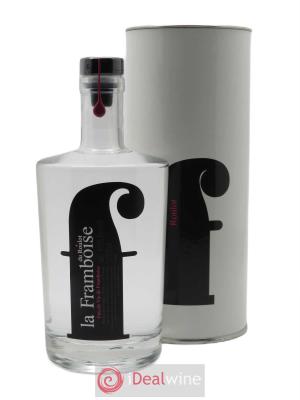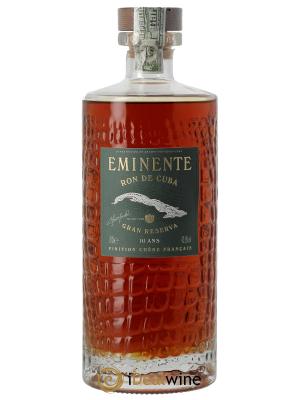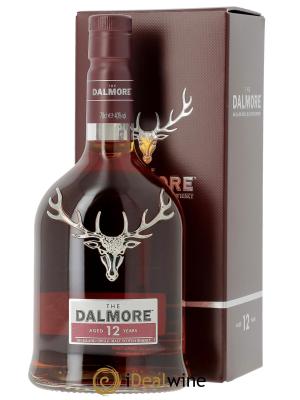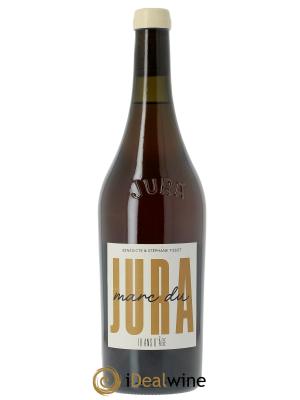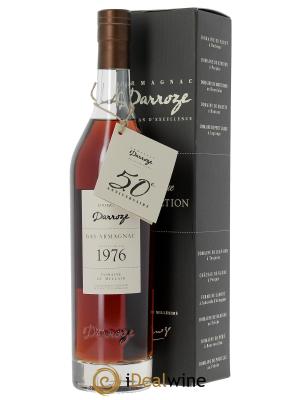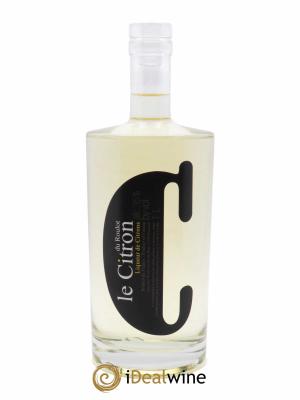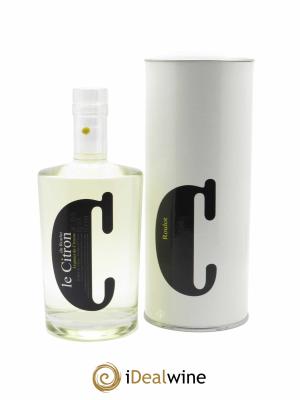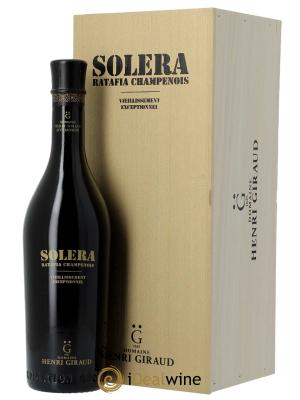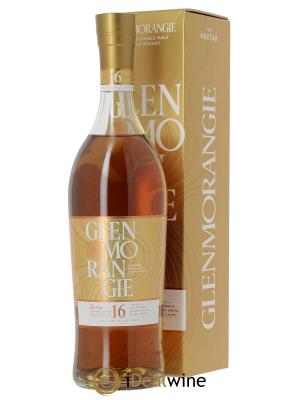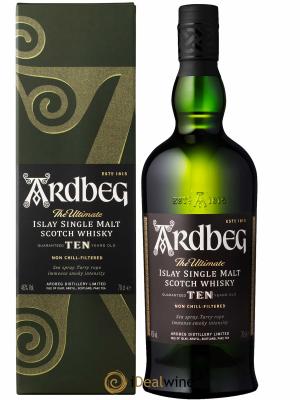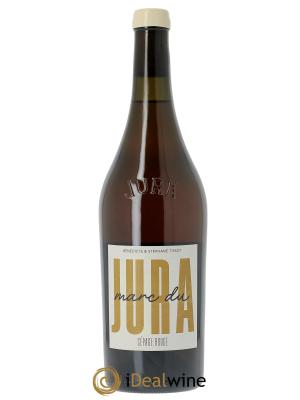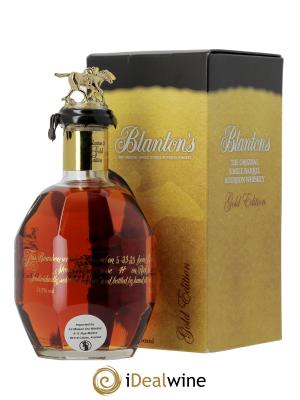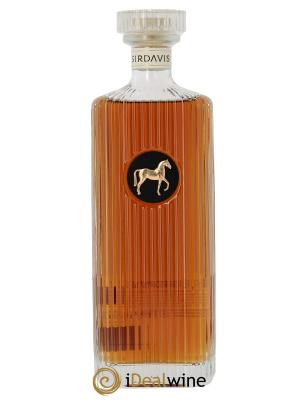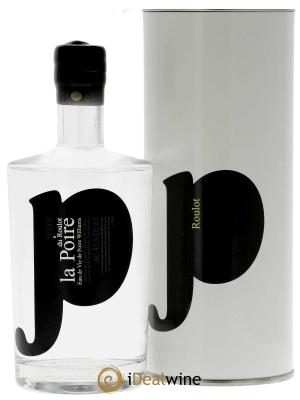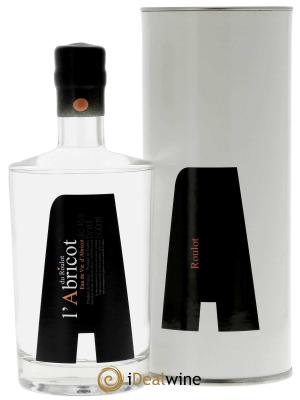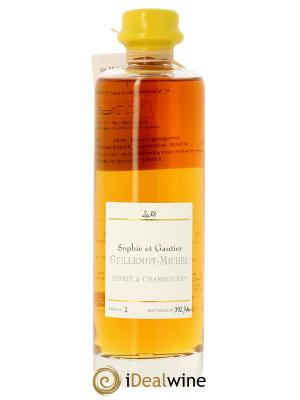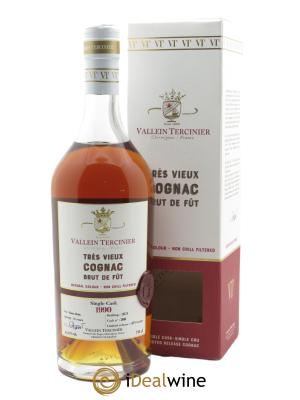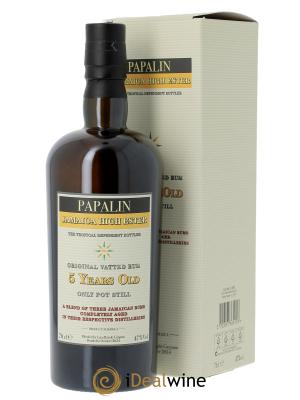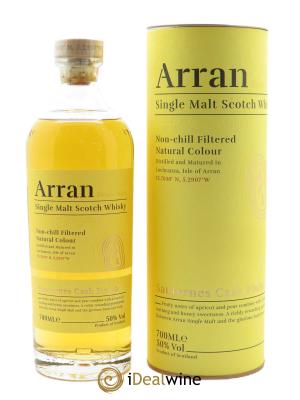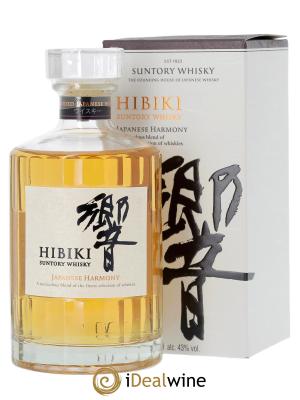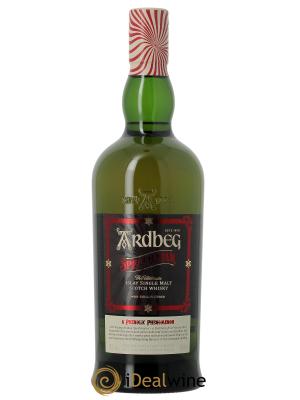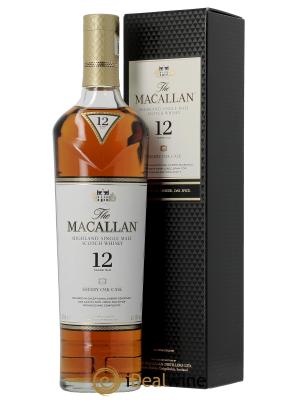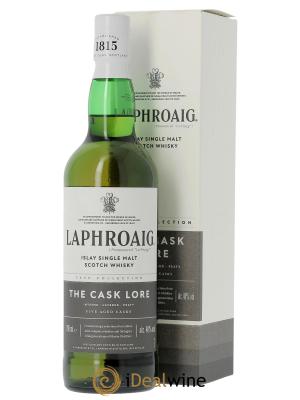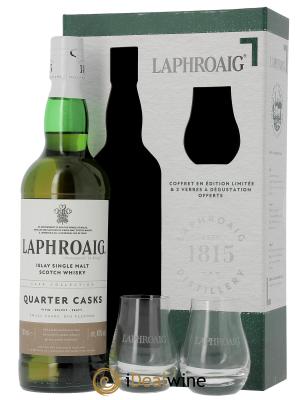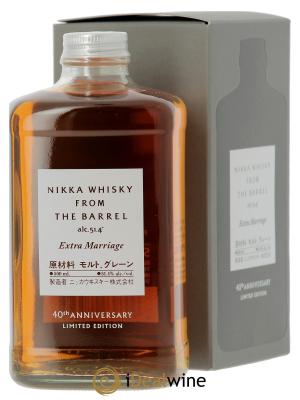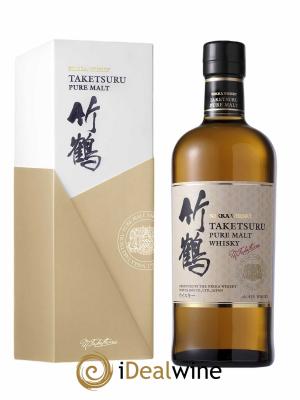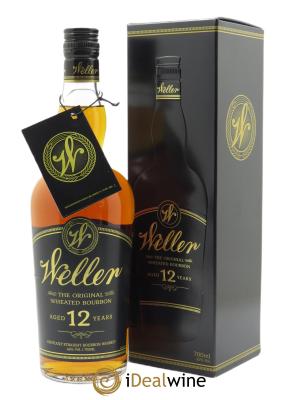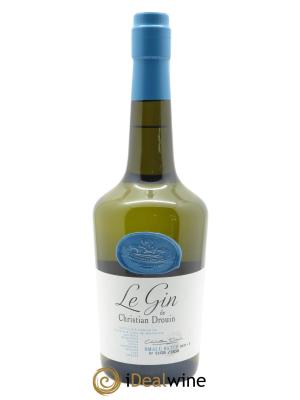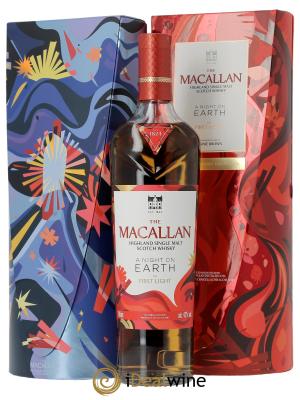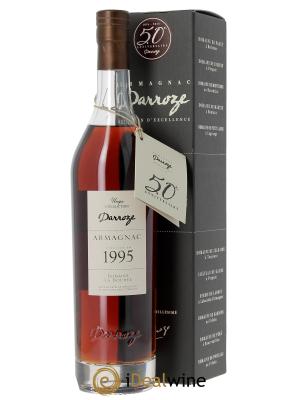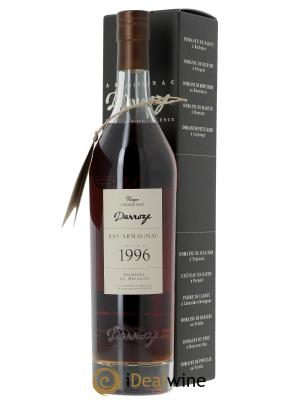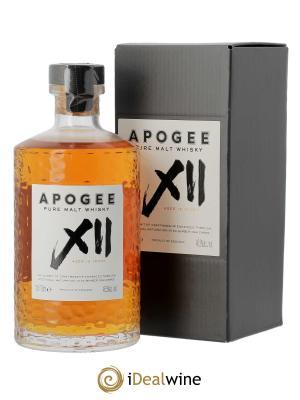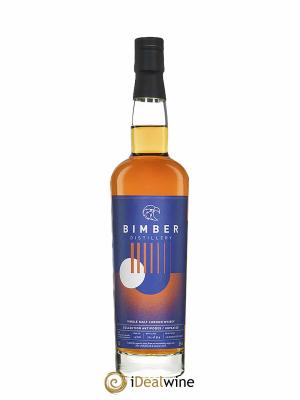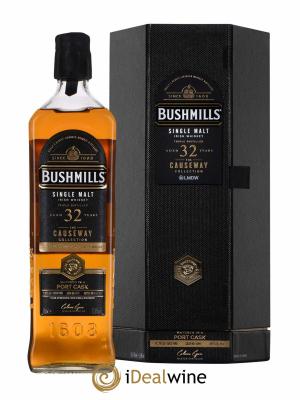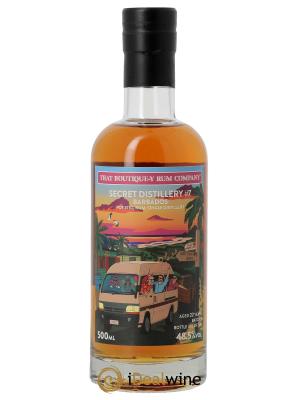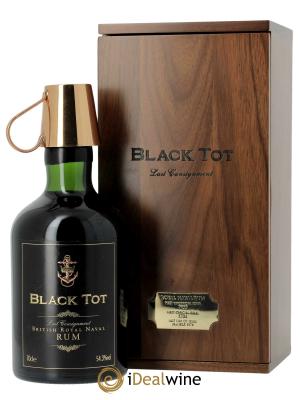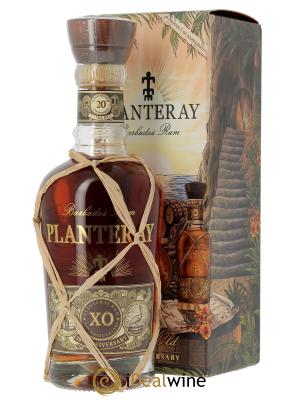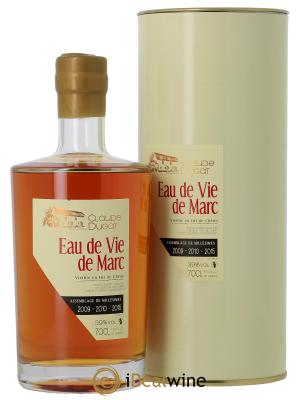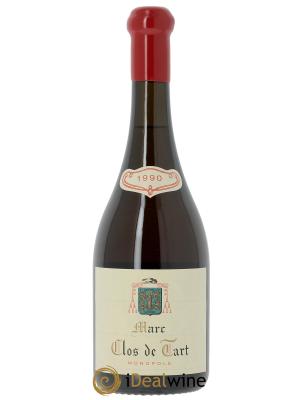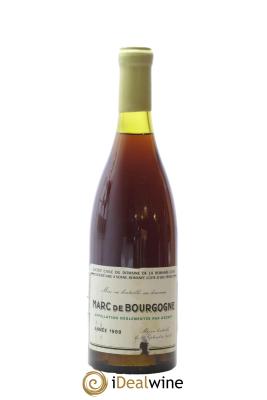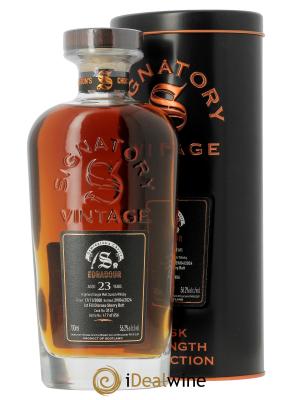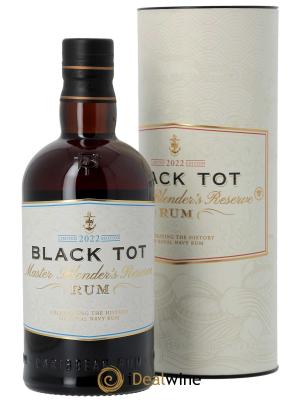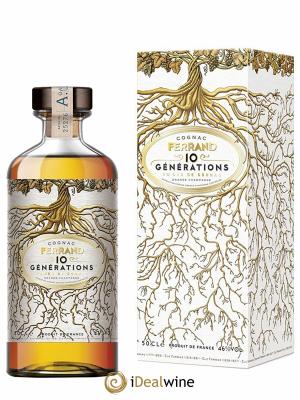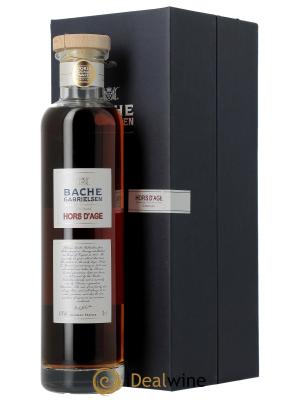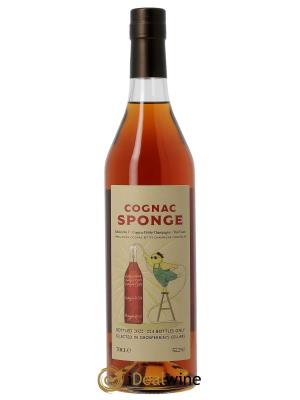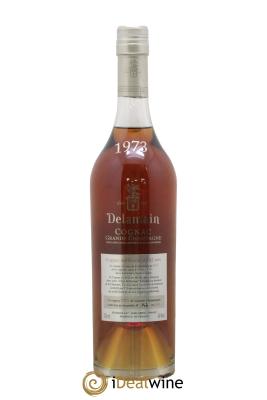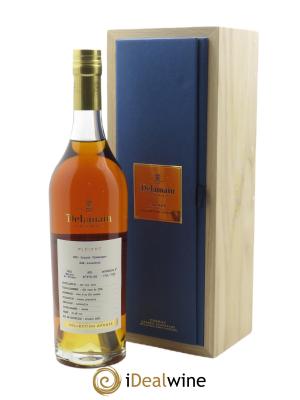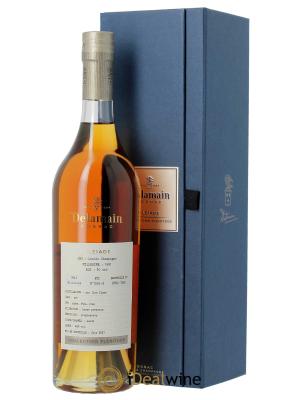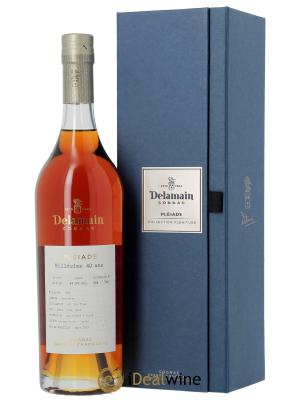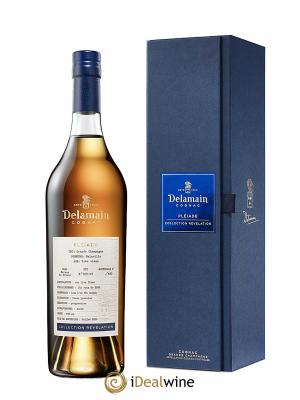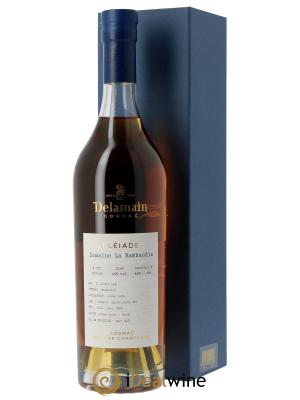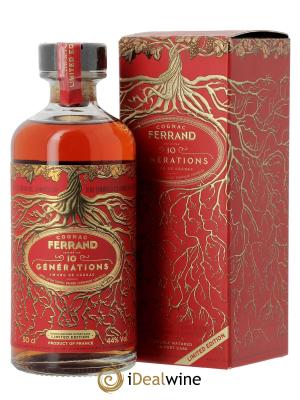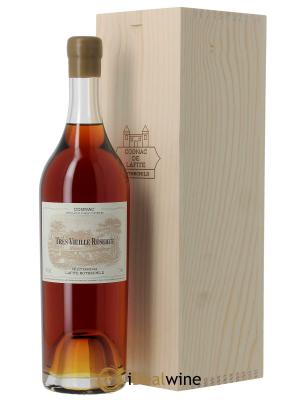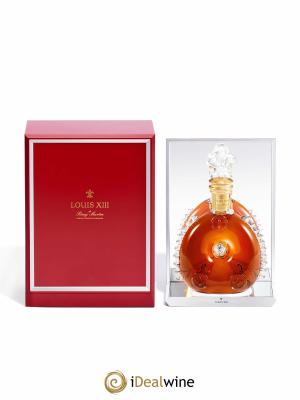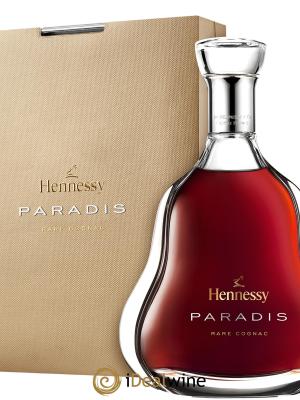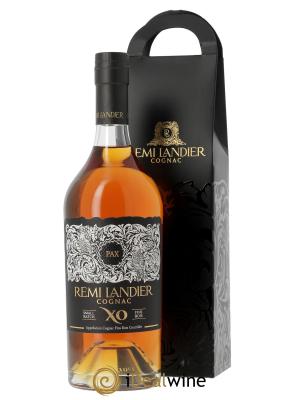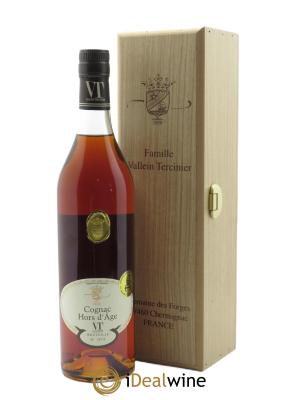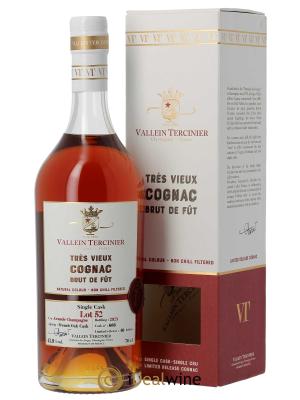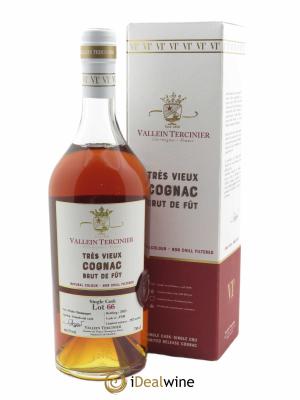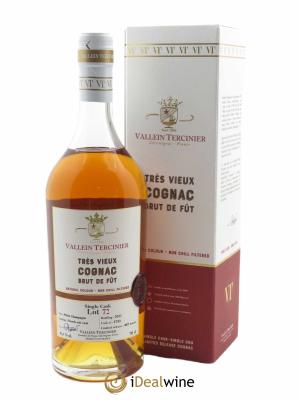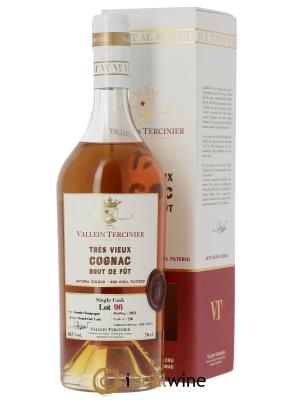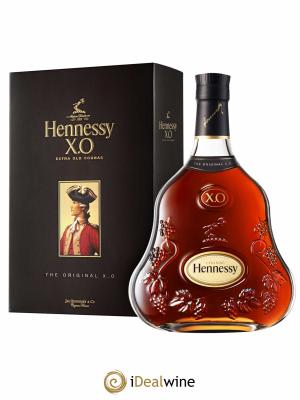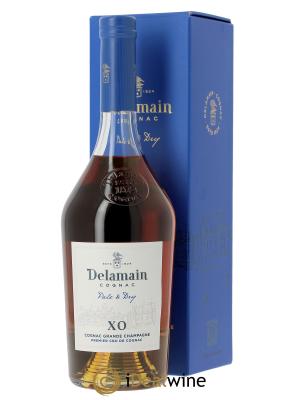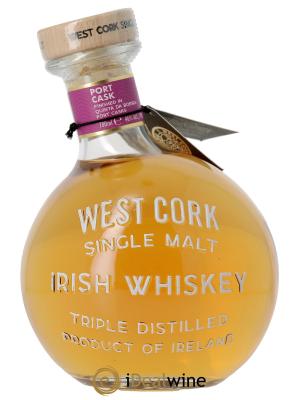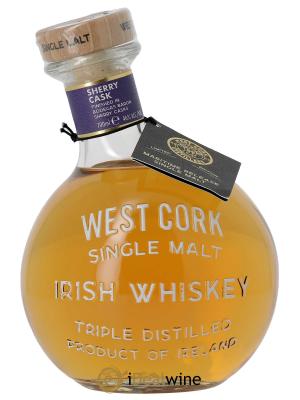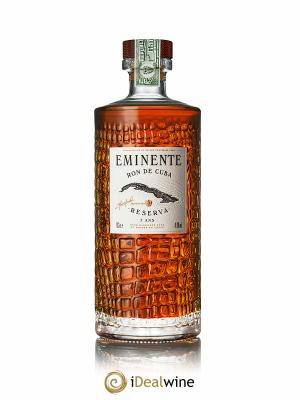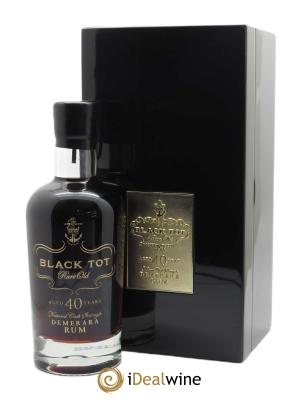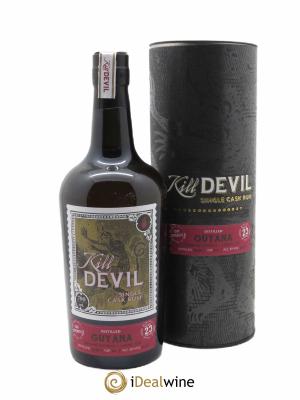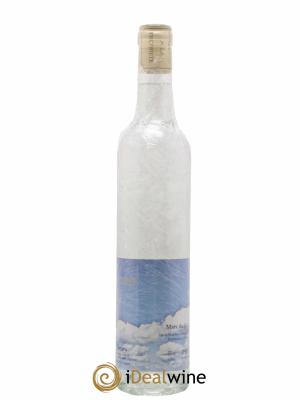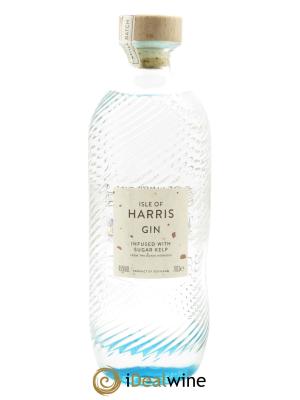Wine for sale:
304 results
A
Lot of 1 magnum | 6 in stock
€98
A
Lot of 1 bottle | 60+ in stock
€48
1986
Lot of 1 bottle | 2 in stock
€125
Lot of 1 bottle | 40 in stock
€80
Lot of 1 bottle | 4 in stock
€119
Lot of 1 bottle | 7 in stock
€89
Lot of 1 bottle | 12 in stock
€40
€5.85 | Buy 6, get 10%
Lot of 1 bottle | 60+ in stock
€6.50
A
Lot of 1 bottle | 17 in stock
€37
A
Lot of 1 bottle | 9 in stock
€110
Lot of 1 bottle | 1 in stock
€75
Lot of 1 bottle | 9 in stock
€78
Lot of 1 bottle | 1 in stock
€70
1976
Lot of 1 bottle | 3 in stock
€195
A
Lot of 1 magnum | 12 in stock
€120
A
Lot of 1 bottle | 60+ in stock
€59
Lot of 1 bottle | 3 in stock
€148
Lot of 1 bottle | 2 in stock
€70
Lot of 1 bottle | 7 in stock
€49
Lot of 1 bottle | 1 in stock
€70
Lot of 1 bottle | 7 in stock
€125
Lot of 1 bottle | 6 in stock
€80
A
Lot of 1 bottle | 11 in stock
€85
A
Lot of 1 bottle | 6 in stock
€95
2018
Lot of 1 bottle | 11 in stock
€50
1990
Lot of 1 bottle | 1 in stock
€130
Lot of 1 bottle | 1 in stock
€49.90
Lot of 1 bottle | 5 in stock
€68
Lot of 1 bottle | 5 in stock
€105
Lot of 1 bottle | 4 in stock
€125
Lot of 1 bottle | 16 in stock
€100
Lot of 1 bottle | 5 in stock
€98.50
Lot of 1 bottle | 5 in stock
€52
Lot of 1 bottle | 1 in stock
€215
Lot of 1 bottle | 14 in stock
€55
Lot of 1 bottle | 7 in stock
€65
Lot of 1 bottle | 14 in stock
€125
Lot of 1 bottle | 6 in stock
€35
Lot of 1 bottle | 5 in stock
€119
1995
Lot of 1 bottle | 2 in stock
€99
1996
Lot of 1 bottle | 2 in stock
€99
Lot of 1 bottle | 6 in stock
€78
Lot of 1 bottle | 6 in stock
€150
1989
Lot of 1 bottle | 1 in stock
€990
Lot of 1 bottle | 1 in stock
€128
Lot of 1 bottle | 2 in stock
€1,040
Lot of 1 bottle | 4 in stock
€59.90
A
Lot of 1 bottle | 4 in stock
€130€150
1990
Lot of 1 bottle | 3 in stock
€560
1988
A
Lot of 1 bottle | 8 bids
€1,300(current price)
2000
Lot of 1 bottle | 1 in stock
€475
Lot of 1 bottle | 1 in stock
€170
Lot of 1 bottle | 4 in stock
€44
Lot of 1 bottle | 2 in stock
€240
Lot of 1 bottle | 1 in stock
€410
1973
Lot of 1 bottle | 1 in stock
€561
Lot of 1 bottle | 4 in stock
€525
1991
Lot of 1 bottle | 6 in stock
€330
1983
Lot of 1 bottle | 4 in stock
€450
Lot of 1 bottle | 2 in stock
€160
Lot of 1 bottle | 2 in stock
€215
Lot of 1 bottle | 4 in stock
€49.90
Lot of 1 bottle | 1 in stock
€995
Lot of 1 bottle | 2 in stock
€3,500
Lot of 1 bottle | 3 in stock
€1,150
Lot of 1 bottle | 5 in stock
€95
Lot of 1 bottle | 1 in stock
€148
Lot of 1 bottle | 3 in stock
€670
Lot of 1 bottle | 4 in stock
€325
Lot of 1 bottle | 3 in stock
€275
Lot of 1 bottle | 3 in stock
€155
Lot of 1 bottle | 2 in stock
€180
Lot of 1 bottle | 9 in stock
€145
Lot of 1 bottle | 2 in stock
€46.90
Lot of 1 bottle | 10 in stock
€46.90
Lot of 1 bottle | 7 in stock
€49
Lot of 1 bottle | 3 in stock
€1,750
Lot of 1 bottle | 4 in stock
€240
2015
Lot of 1 bottle | 1 bid
€200(current price)
Lot of 1 bottle | 1 in stock
€55.90
